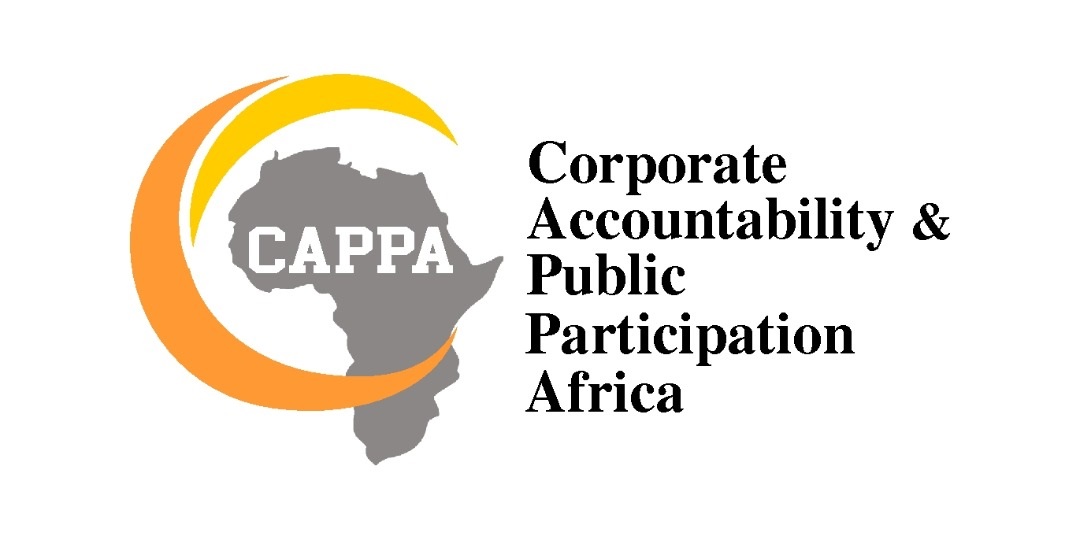The Corporate Accountability and Public Participation Africa (CAPPA) has commended the Federal Government’s plan to increase the annual budgetary allocation to education by 50% within the next two years but insists the increase is insignificant as it will only push the overall share of education in the national budget from 5.6% to 8.6%.
In the 2021 national budget, education received N742.5 billion (about 5.6%) out of the N13.08 trillion national budget. The budgetary allocation is a far shot from the suggestion of the United Nations Educational Scientific and Cultural Organisation (UNESCO) that developing countries’ budgetary allocation for education should be a minimum of 15 to 20 per cent.
President Muhammadu Buhari had pledged to increase the budget for education at the recently concluded Global Education Summit which held in the United Kingdom. The President had joined other Heads of States to sign a form of commitment to increase the budgetary allocation to education by as much as 50% over the next two years and to 100% by 2025.
In a statement issued in Lagos, CAPPA said that the President’s pledge is far short of the UNESCO recommendations, insisting that for Nigerians to truly enjoy robust and qualitative education that will lead to national development, anything short of the UNESCO recommendation, which is amplified in the Abidjan Principles, will not work.
CAPPA Executive Director, Akinbode Oluwafemi said:
“While we give the government kudos for the proposal to increase the share of education in the national budget, we must reiterate the fact that Nigerians deserve the best. The best means upping the share of education in the national budget and ensuring educational policies in Nigeria are in sync with the Abidjan Principles.”
Oluwafemi explained that the Principles compile and unpack existing legal obligations that States have regarding the delivery of education. It also addresses the roles and limitations of private actors in the provision of education.
“Nigeria, just like other countries that have endorsed the Abidjan Principles, has an obligation to remove all obstacles to free, inclusive, quality, public education. This obligation is grounded in the Universal Declaration of Human Rights of 1948 and elaborated in the International Covenant on Economic, Social and Cultural Rights of 1966.”
The CAPPA boss frowned at the meagre share that education gets in Nigeria’s annual budget when compared to sectors such as defence, cautioning that Nigeria would be left behind in technological advancement if the issue of educational funding and access to education are not addressed.
“The way forward has been proposed in the Abidjan Principles which Nigeria has endorsed. We anticipate that the Federal Government will adopt this guide to ensure that every citizen of Nigeria has unfettered access to qualitative education that is both public and affordable. The planned increase does not address these”, Oluwafemi insisted.


